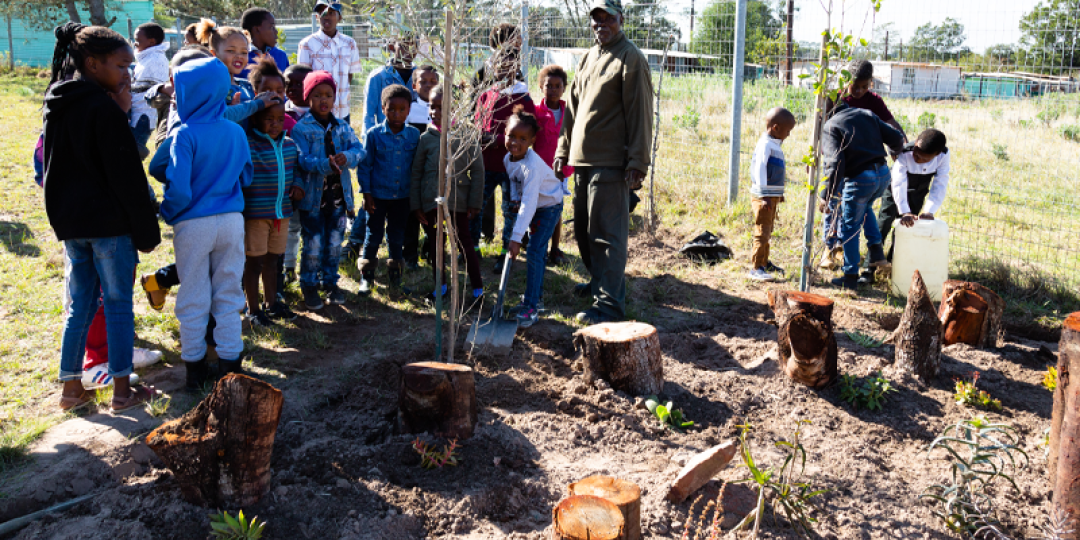An important part of operating a tourism business responsibly is establishing a symbiotic relationship with the surrounding community, according to industry experts.
Engaging with the community surrounding your tourism business is essential to support responsible tourism practices, according to Tourism Resilience Expert, Sarah Habsburg. “It’s about creating a better destination to live in first, before marketing it to tourists. You can’t fake happiness,” she said.
The trend
Citing several reports on tourism, she said travellers were showing a strong desire for more responsible travel options.
“We have to harness the fact that we have travellers who are looking for places that are doing the right thing, not just for their immediate environment, but for the people who live in their communities too,” she said.
CEO of the Ker & Downey Africa Group, Lee Kelsall, agreed. He previously told Tourism Update that he believed travellers would be more judicious about what they spent their time and money on post-COVID-19. “We hope that travellers will seek more purposeful travel experiences and support environmentally conscious hotels and lodges that provide revenue for much-needed cultural and environmental preservation.”
The practice
Acting in the interests of responsible tourism, the Kenya Wildlife Conservancies Association has promoted the establishment of conservancies. According to CEO Dickson Kaelo, the conservancies give the surrounding community incentive to support both the tourism activities and the conservation activities on the land.
During a webinar on the topic, Manager of Products and Marketing at Gamewatchers Safaris, Jeremiah Chege, said: “We create conservancies by leasing land from these communities. This provides the landowners with regular income, which is higher than they usually see in the rural areas. The conservancies also create jobs for community members, as there are opportunities to work in tourism and train as rangers or guides. It also gives the community an incentive to protect wildlife.”
The importance of tourism collaboration with the community was highlighted earlier this year when Bongani Mountain Lodge in Mthethomusha Nature Reserve, Mpumalanga, was destroyed in an arson attack. The fire was allegedly started by disgruntled community members following a run-in with the anti-poaching unit on the reserve.
Marketing Director at Lalibela Game Reserve in the Eastern Cape, Vernon Wait, told Tourism Update that the reserve hoped that, through serving the community and educating them on conservation, such conflict would be avoided.
He said the community around Lalibela had benefited from several programmes carried out by the reserve’s owners, including a feeding scheme for children and a job creation project. “We also have a policy that when we need to employ new staff, we look in the immediate communities first, and so they understand that tourism offers employment,” he said.
According to Wait, the buy-in from the community around Lalibela has been tremendous. “They are aware that tourists come to Lalibela to see our animals and are motivated to help protect them.”
At White Shark Projects in the Western Cape, CEO Jessica Smit saw a similar benefit from engaging with the community. “We consider it so important to educate the young minds in our surrounding community because, ultimately, it makes the environment they live in better.”
She said White Shark Projects’ message of conservation and environmental awareness was largely supported through their community engagement. “We have a project called Ocean Defenders, where we teach the young people all about pollution and the importance of reducing waste.” Smit added that the teenagers participating in the programme enjoyed taking part and were in turn educating their family and peers.
























